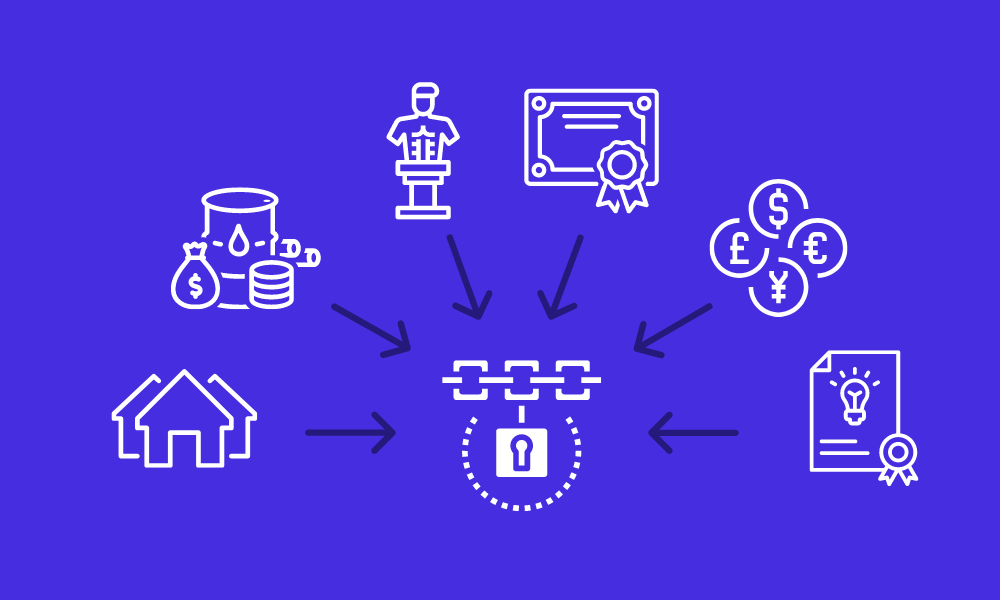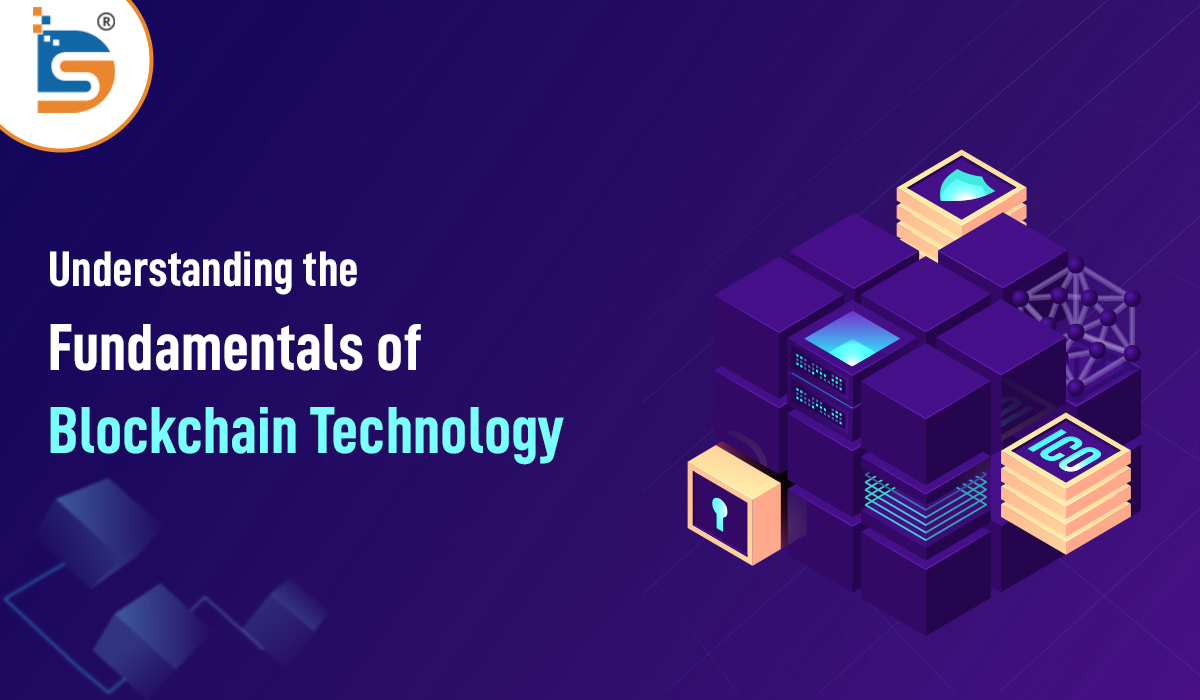Blockchain Meets ERP: Integrating Distributed Ledgers into Business Software

Strong 8k brings an ultra-HD IPTV experience to your living room and your pocket.
Enterprise Resource Planning (ERP) systems have long served as the digital backbone of large and medium-sized organizations. They integrate core business processes—from supply chain operations to finance, procurement, and human resources—into a centralized platform. As businesses continue evolving in a landscape shaped by real-time data, automation, and security concerns, ERP systems are also under pressure to adapt. One of the most promising developments in this regard is the integration of blockchain technology into ERP systems. This combination offers both technical and strategic advantages that businesses are beginning to explore seriously.
✍️ Thinking about investing in blockchain? Read our guide on blockchain investments to understand opportunities, risks, and future growth potential.
Blockchain technology, originally developed to support digital currencies, has matured into a powerful tool for decentralized recordkeeping and transaction processing. Its ability to provide a tamper-proof, verifiable, and decentralized ledger makes it an ideal companion to ERP systems, which are frequently criticized for their dependence on centralized databases and their vulnerability to inconsistencies in multi-party workflows.
In simple terms, integrating blockchain into ERP brings more transparency, data integrity, and trust to enterprise operations. It doesn't seek to replace ERP systems but to complement and enhance them. For businesses looking to gain a competitive edge, working with experienced Blockchain development services is becoming increasingly important, especially when implementing such integration across legacy software environments.
Why ERP Needs Blockchain
Traditional ERP systems are designed to work efficiently within the boundaries of a single organization. They handle internal data and processes well, but once multiple parties—vendors, logistics providers, distributors—get involved, things get more complicated. Information has to be shared across systems, often manually or through APIs that require ongoing maintenance and validation. In such cases, data mismatches, duplication, and reconciliation become major challenges.
Blockchain integration addresses these pain points by creating a single, shared source of truth. For instance, when a product is manufactured and shipped, the production details, shipping information, quality checks, and delivery confirmations can all be recorded on the blockchain. Each party involved in the transaction accesses the same immutable data without depending on a third-party intermediary or engaging in time-consuming verifications.
With a decentralized ledger, updates made by one party are instantly visible to all authorized stakeholders. This reduces the need for reconciliation and helps avoid disputes, delays, and compliance issues. Blockchain doesn’t just streamline information flow—it secures it, making it an essential component for future-proof ERP systems.
Key Benefits of Blockchain Integration in ERP
One of the most immediate benefits of integrating blockchain into ERP is data integrity. When all participants in a workflow contribute to and access a distributed ledger, the risk of tampered records or accidental errors drops significantly. This is particularly useful in industries where traceability and compliance are critical, such as pharmaceuticals, aerospace, and food production.
Another important benefit is auditability. Blockchain’s cryptographic structure ensures that every transaction is recorded with a timestamp and can’t be altered retroactively. This creates a transparent audit trail that can help organizations respond to internal reviews, regulatory inquiries, or legal disputes with greater confidence.
Blockchain can also improve operational efficiency by enabling smart contracts. These self-executing contracts automate key business functions—such as releasing payment when goods are delivered or triggering inventory reorders based on predefined thresholds. Smart contracts reduce manual intervention, improve accuracy, and speed up decision-making.
For global enterprises operating across multiple jurisdictions, blockchain also brings standardization. When multiple ERP systems are involved—often the case in mergers or multinational operations—blockchain acts as a unifying layer that connects disparate platforms. This reduces integration overhead and accelerates time-to-value for large-scale ERP implementations.
Challenges of Integration
While the potential is clear, integrating blockchain into ERP isn’t without its challenges. ERP systems are often customized, deeply embedded in business processes, and resistant to major overhauls. Introducing a decentralized technology into this centralized environment requires careful planning, architectural decisions, and risk management.
One of the main technical hurdles is interoperability. Blockchain networks come in various forms—public, private, permissioned—and not all are compatible with the data models used by ERP platforms like SAP, Oracle, or Microsoft Dynamics. Ensuring that blockchain nodes can reliably communicate with ERP data repositories and workflows requires expertise in both domains.
Performance is another concern. While blockchain ensures data integrity and traceability, it can introduce latency, especially in networks that use consensus algorithms not optimized for enterprise use. Companies must evaluate the performance trade-offs and select the right blockchain framework to meet their needs without disrupting day-to-day operations.
Data privacy is a third consideration. Blockchains are inherently transparent, which can be a challenge in industries where certain business data needs to be kept confidential. Businesses must design systems that protect sensitive information while still leveraging the advantages of a shared ledger.
Given these complexities, companies exploring this integration often turn to Blockchain development services with experience in enterprise environments. Choosing the right technical partner is crucial to navigating the design, deployment, and scaling of integrated solutions.
Real-World Applications in ERP + Blockchain
The benefits of blockchain integration with ERP systems are already being realized in several sectors. In supply chain management, for instance, blockchain helps track goods from origin to destination, validating each step of the journey. This is not just about logistics efficiency—it directly impacts brand trust and regulatory compliance.
In the finance function, blockchain can help automate intercompany transactions. Multinational corporations often struggle with reconciling intercompany billing and transfer pricing across different geographies. A shared ledger can instantly match journal entries between subsidiaries, cutting down on the need for lengthy month-end closings.
Manufacturing and quality control are other areas seeing real transformation. When machines on a factory floor are connected via IoT and linked to a blockchain-enabled ERP system, the production data becomes tamper-proof and traceable. This is particularly valuable in regulated industries, where proof of compliance must be maintained for years.
Even HR and payroll functions can benefit. With blockchain, employee records—certifications, employment history, tax information—can be securely stored and verified across different entities, simplifying background checks and cross-border compliance.
What unites all these applications is the drive toward transparency, automation, and trust. Businesses are recognizing that blockchain is not just a buzzword, but a practical tool that can enhance core ERP functions in measurable ways.
The Role of Blockchain Development Services
Organizations embarking on this journey rarely have all the required skills in-house. Successful blockchain integration demands a mix of ERP expertise, blockchain architecture knowledge, and industry-specific insight. This is where Blockchain development services come into play.
The best Blockchain development company will not only provide the technical know-how to build and deploy blockchain components, but also guide integration strategies that align with business goals. Whether it's setting up a private blockchain network, customizing smart contracts, or ensuring secure API connections to existing ERP platforms, expert services make the difference between a proof-of-concept and a production-grade solution.
Such companies also bring valuable experience in selecting the right blockchain protocol—be it Hyperledger, Ethereum, or others—based on scalability, governance, and security requirements. Moreover, they help navigate compliance landscapes, especially in sectors where data residency and privacy are tightly regulated.
Strategic Considerations Before Integration
Before jumping into integration, organizations must clearly define what problems they’re trying to solve. Blockchain isn’t a silver bullet; its benefits are maximized when applied to specific pain points, such as multi-party data reconciliation, audit tracking, or smart contract automation.
Leadership buy-in is also critical. Blockchain integration affects not just IT systems, but business processes, roles, and responsibilities. Stakeholders from finance, operations, and compliance must be involved early to shape the roadmap and avoid friction later.
Budgeting for such initiatives should account not only for development and deployment, but also for long-term support. Blockchain solutions, like ERP systems, require maintenance, updates, and security management. Working with a reliable Blockchain development company ensures that the system evolves with changing business needs and technological advancements.
It’s also important to think about scale. Will the blockchain network support a few vendors or an entire ecosystem? Will it integrate with just one ERP module or span across departments? These questions influence architecture decisions and should be answered upfront.
Conclusion
As the enterprise landscape continues to demand transparency, automation, and agility, the integration of blockchain with ERP systems is no longer a futuristic idea—it’s a viable strategy. It allows businesses to transcend organizational boundaries, build trust with partners, and reduce inefficiencies tied to fragmented data.
However, successful execution requires more than just technical implementation. It demands a clear strategy, stakeholder alignment, and the right partner. Engaging expert Blockchain development services is essential for organizations serious about scaling blockchain integration without compromising their operational stability.
As businesses increasingly seek digital transformation, those who invest early in blockchain-enhanced ERP will be better positioned to lead in a data-driven economy. The time to explore this integration is now—and the best Blockchain development company can help make it a reality.
Note: IndiBlogHub features both user-submitted and editorial content. We do not verify third-party contributions. Read our Disclaimer and Privacy Policyfor details.







